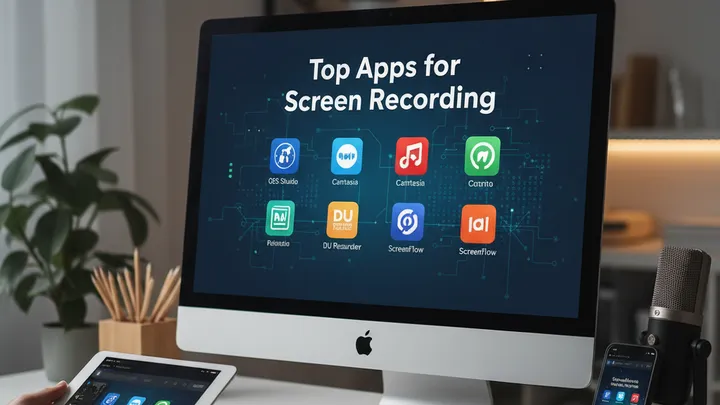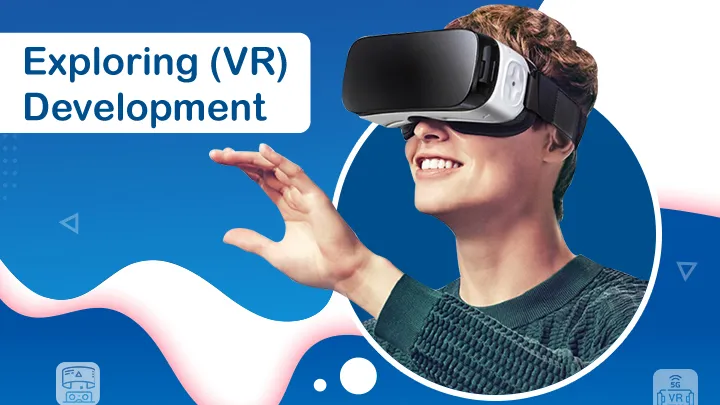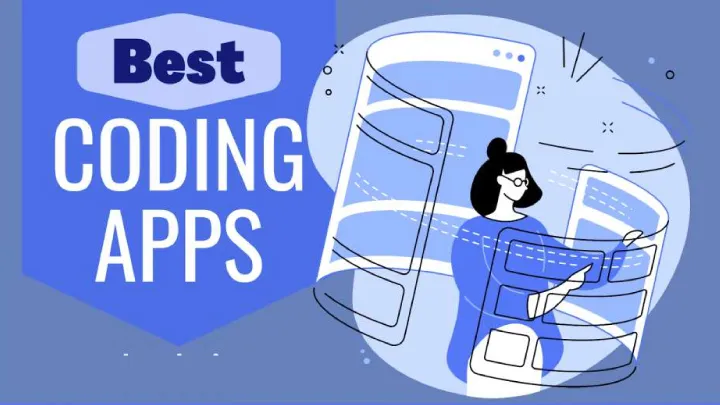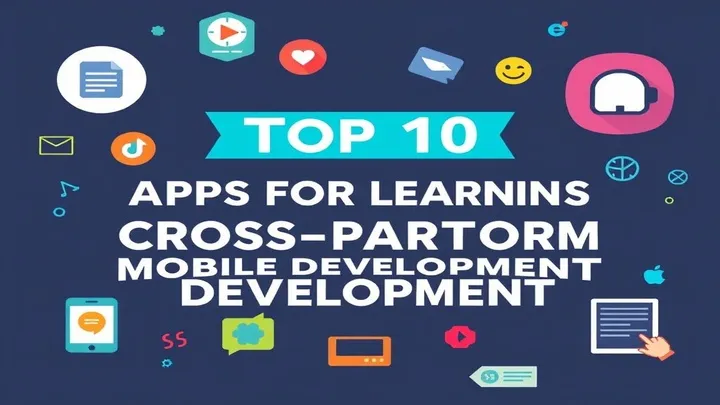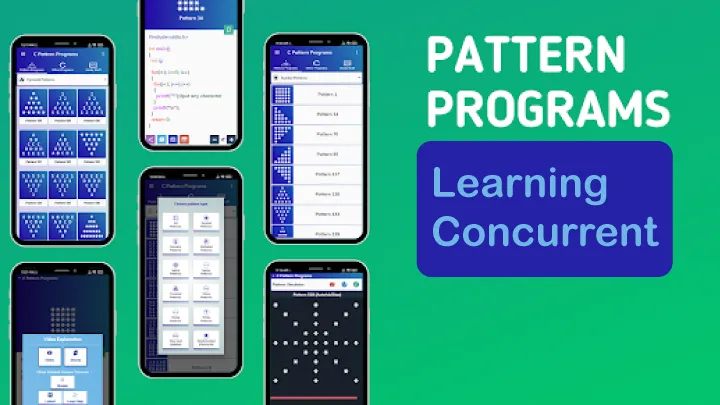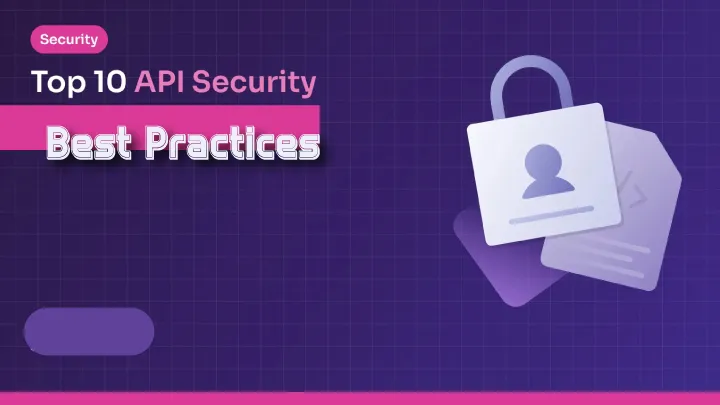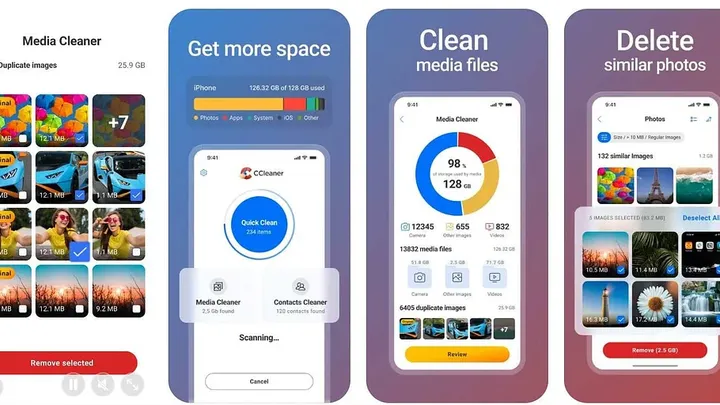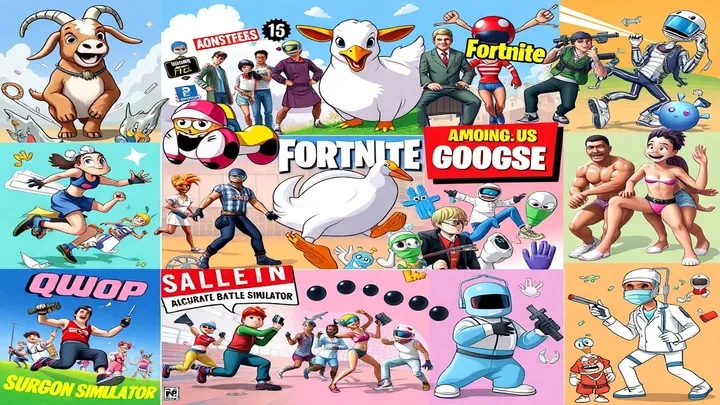Introduction
AI model deployment on mobile brings machine learning to edge devices, optimizing models for low-latency inference in apps like image recognition and voice assistants, a booming field in 2025 where mobile AI drives 60% of on-device processing per Gartner reports, powering features at Apple and Google. Mobile apps facilitate this with simulators, code editors, and deployment previews, enabling quantization and integration during commutes without a cloud setup. This review curates the top 10 apps for AI deployment learning, selected from 2025 app store ratings, ML dev forums, and insights from TensorFlow and Hugging Face. Each app details features, strengths, and weaknesses (as tailored paragraphs), with an overall evaluation without scores. From novices exporting Keras models to pros fine-tuning Core ML pipelines, these iOS- and Android-optimized platforms provide over 2000 words of inference-ready guidance to deploy your AI anywhere.
1. TensorFlow Lite Model Maker
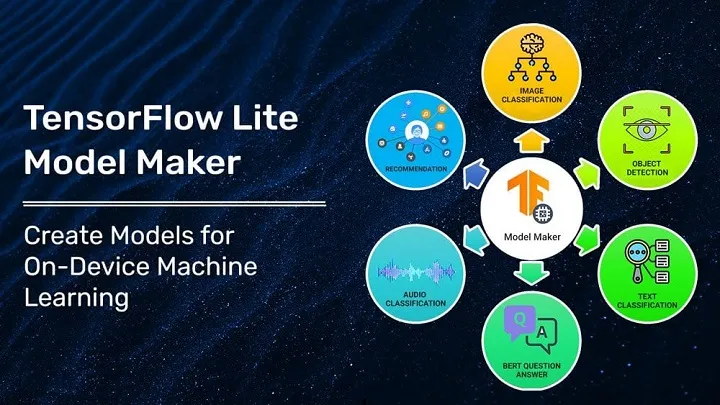
Overview: TensorFlow Lite's official app guides model conversion and deployment for Android/iOS, with tutorials on quantization and on-device inference using TFLite runtime.
Strengths: Interactive converter optimizes models from TensorFlow to TFLite, previewing latency on-device with sample inputs like image classification. Free open-source with offline tutorials, supports metadata for custom ops. Integrates with Android Studio previews, community examples for object detection. Updates for 2025's LiteRT enhancements.
Weaknesses: Android-heavy, iOS via Xcode ties, mobile UI crams converter params. Assumes TensorFlow basics, steep for raw novices. No full simulator.
Overall Evaluation: TensorFlow Lite Maker converts models accessibly, ideal TF users, though ties limit standalone.
2. Core ML Tools
Overview: Apple's Core ML app converts PyTorch/TensorFlow to Core ML format, with deployment previews for iOS Vision and Create ML integrations.
Strengths: One-click conversions with quantization, on-device testing via AR previews. Free with offline converter, supports NLP models. Ties to Xcode for full deploys, tutorials guide from training to inference. Community shares optimized models.
Weaknesses: iOS-locked, no Android, setup needs Mac for builds. Mobile previews light on metrics. Focused Apple ecosystem.
Overall Evaluation: Core ML Tools deploys iOS AI natively, suiting Apple devs, ecosystem narrows.
3. ML Kit Model Deployment
Overview: Google's ML Kit app deploys custom models to Firebase, with Android/iOS samples for on-device vision and translation.
Strengths: Firebase integration pushes models OTA, free tier covers basics with latency dashboards. Offline samples run inferences, tutorials from TensorFlow to TFLite. Supports dynamic updates, community plugins for pose detection.
Weaknesses: Google-centric, mobile app supplementary to console. Free limits 1K inferences/day, assumes Firebase setup. Less on non-vision models.
Overall Evaluation: ML Kit deploys Google AI scalably, great Firebase users, limits favor cloud hybrids.
4. Hugging Face Spaces Mobile
Overview: Hugging Face's app explores model deployment via Spaces, with code previews for mobile inference using Transformers.js.
Strengths: Hosts 500K+ models, free deploys to edge with Gradio interfaces. Offline previews cache demos, tutorials export to ONNX for mobile. Community Spaces collab, supports NLP on-device.
Weaknesses: Web-primary, mobile views secondary. No native runner, needs browser. Pro $9/month unlimited compute.
Overall Evaluation: Hugging Face Spaces deploys ML community-style, versatile explorers, web bias curbs native.
5. DataCamp
Overview: DataCamp's app teaches mobile AI deployment in Python courses, covering TFLite conversions and Core ML pipelines with challenges.
Strengths: Adaptive paths from export to inference, free tier basics, $25/month premium projects like app integrations. Offline downloads, certifications resumes. Forums debug quantization. Integrates Jupyter for mobile.
Weaknesses: Theory-heavy, light hands-on deploys. Mobile editor lags large models. SQL tilt over ML.
Overall Evaluation: DataCamp builds deployment progressively, analysts ideal, hands-on trails.
6. Coursera
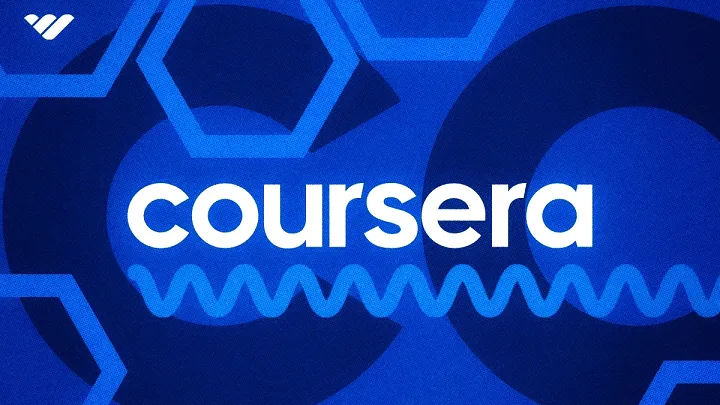
Overview: Coursera's app hosts specializations like "Mobile AI" from deeplearning.ai, with quizzes and labs on Edge TPU deploys.
Strengths: Free audits core, $49/month Plus certs via projects to app stores. Offline lectures, peer reviews pipelines. Sequences export to runtime. Qwiklabs cloud sims.
Weaknesses: Video-centric, labs desktop. Free skips grading.
Overall Evaluation: Coursera academics mobile AI, credentials great, interactivity lags.
7. Udacity
Overview: Udacity's nanodegree app focuses on AI Programming with Python, including mobile deployment nanodegrees for TFLite/Core ML.
Strengths: Mentor reviews model ports, $399/month career services. Offline projects, sims like camera inferences. Nano paths integrate TensorRT.
Weaknesses: Price steep casuals, app supplements web. Assumes Python.
Overall Evaluation: Udacity mentors deployment pros, committed value, cost limits.
8. freeCodeCamp
Overview: freeCodeCamp's app embeds mobile AI in ML tracks, teaching TFLite via JS challenges.
Strengths: Free ad-free 300+ hours, runners on exports before apps. Offline sections, certifications. Community reviews.
Weaknesses: Embedded JS, skimps iOS. Basic challenges.
Overall Evaluation: freeCodeCamp frees mobile AI basics, self solid, breadth limited.
9. SoloLearn
Overview: SoloLearn gamifies TFLite in Python/JS, quizzes on runtimes and playgrounds for prototypes.
Strengths: Free 20M+ shares, XP daily exports. Offline quizzes feedback. Bite blends fun.
Weaknesses: Introductory skips quantization, ads disrupt.
Overall Evaluation: SoloLearn energizes entry deployment socially, fun newbies, depth wanting.
10. Programming Hub
Overview: Programming Hub modules Python for TFLite/Core ML, compilers videos for deploys.
Strengths: Compiler runs inferences offline, $6.99/month certs. Examples apps, progress gamifies. Broad Kotlin.
Weaknesses: Scattered, UI dated. Oversimplifies.
Overall Evaluation: Programming Hub certifies multi-lang deployment affordably, versatile, fragmentation dilutes.
Conclusion
Learning AI model deployment on mobile edges 2025's on-device AI surge, from AR at Snapchat to health at Fitbit, and these ten apps infer your ascent portably. Beginners freeCodeCamp exports or SoloLearn quizzes, pros TensorFlow Lite converters or Udacity mentorships. Standouts Core ML iOS, ML Kit Google—but ecosystems or nets stacks. As federated learning rises, adapt. Convert daily, infer models, blend apps to AI empires that compute clever.








